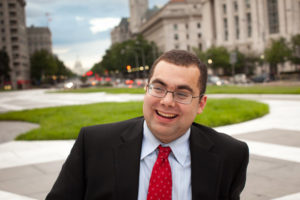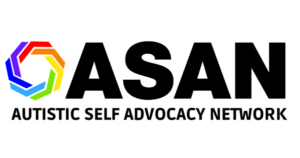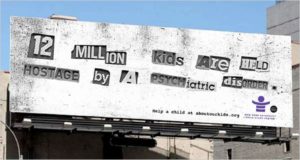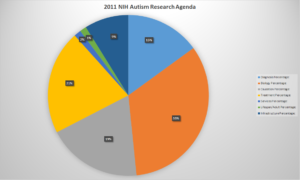When Ari Ne’eman looks backs on the autism diagnosis he received at age twelve, he remembers it as “negative and frightening.” Though initially he had not viewed autism that way, interactions with the neurotypical individuals around him quickly distorted the way he viewed his diagnosis.

Ari Ne’eman
As Ne’eman grew older, however, he began connecting with other autistic adults and found an entire community of people who both understood his experiences and his desire to take an active role in the way autistic people are defined.
This drive allowed Ne’eman to co-found the Autism Self Advocacy Network (ASAN) at the mere age of eighteen. The non-profit organization, whose motto is “Nothing about us without us,” aims to increase the representation of autistic voices in the dialogue on Autism Spectrum Disorder (ASD). Rather than allow the autism narrative to center around the need for a “cure,” ASAN works to empower autistic people through advocacy, leadership development, and employment opportunities.

Though this organization started small, ASAN has grown significantly over the past decade. December of 2007 was crucial to this growth, when Ne’eman led the organization in a letter writing campaign against a NYU Child Study Center advertisement. “Ransom note” billboards compared autism to a kidnapper snatching children from society, which Ne’eman rightfully claimed used, “the oldest and most offensive disability stereotypes to frighten parents.”

One billboard stated, “12 million kids are held hostage by a psychiatric disorder.”
Ne’eman’s efforts did not go unnoticed, as the ads were pulled within three weeks. Not only did he accomplish his goal, but he also brought attention to ASAN and the larger issues the non-profit works to address.
One of Ne’eman’s goals is to encompass all ASD individuals, not just the “sometimes adorable, sometimes tragic” autistic children that are used, quite literally, as poster children for ASD. Ne’eman points out the lack of consideration for autistic adults, citing that only 1.5% of the National Institute of Health’s autism research budget is allotted for autistic adults.

In 2011, only 1% of NIH autism research was focused on autistic adults.
However, through ASAN, Ne’eman is still hopeful. He points out, “We have an opportunity to re-envision the quality of our autism conversation. It’s a chance for us to build a more inclusive vision, one that acknowledges that autistic children will grow into autistic adults. If we do our jobs right, that doesn’t have to be a bad thing.”
In addition to co-founding ASAN, Ne’eman was appointed by former President Barack Obama to the National Council on Disability in 2009 (He was only 21 at the time!). Ne’eman served two terms, making him the first ever autistic Council member. Today, Ne’eman continues his activism work by serving as a consultant to the American Civil Liberties Union, which fights to protect the rights of all individuals. Since 2014, he has also run MySupport.com, an online resource that connects people with disabilities to support workers in their area.
In his thirty years, Ari Ne’eman has already accomplished more than some of us could in an entire lifetime. He uses his own experiences as an autistic individual to identify and address the exact resources that are lacking for those with ASD, encouraging them to fight for their right to self-advocate. Ne’eman stands as irrefutable proof that autism is not something to be “cured,” but something to celebrated.
Speak Your Mind